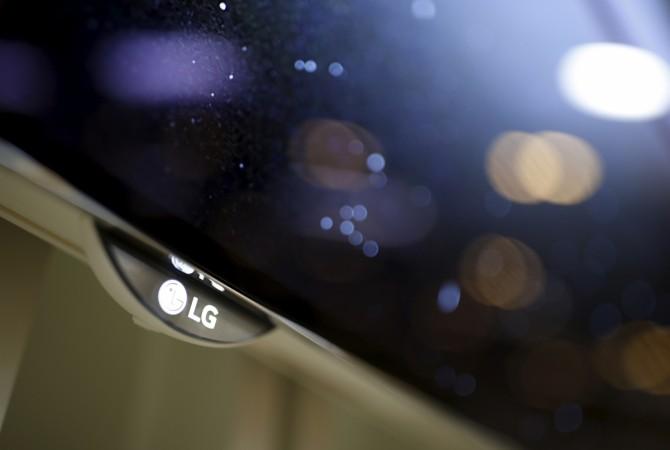Apple iPhones can never be cheap. And, the upcoming iPhone 8, or iPhone X, is also not going to be an exception with a highly-anticipated price tag of over $1,000.
Being the company's 10th anniversary iPhone model, the iPhone 8 was bound to be the most expensive iPhone ever, offering some exciting new features. But one of the main reasons behind the rumoured sky-high price is Samsung's monopoly over organic light-emitting diode (OLED) screens that Apple is expected to incorporate into the iPhone 8.
KGI Securities analyst Ming-Chi Kuo said in a new report that the supply of OLED panels for the iPhone 8 is "controlled wholly by Samsung," allowing the South Korean tech giant to charge high prices for the component. According to Kuo, Samsung has likely charged Apple $120 to $130 for each OLED panel module, which is about $75 more than the price of the liquid crystal display (LCD) panels in the Plus model iPhones.

While other advanced features like 3D sensor camera components for facial recognition could also contribute to iPhone 8's expensive price tag, Kuo seems to be specifically concerned about Apple's dependency on Samsung for OLED screens. According to Kuo, the iPhone maker urgently needs another partner that can supply OLED panels for future iPhones.
Although Apple is reportedly working with LG Display to produce OLED screens for its flagship smartphone in the future, a new report from Bloomberg said that the Cupertino tech giant cannot move beyond Samsung "until at least 2019." Sources told the publication that LG, which supplies LCD screens for existing iPhone models, is targeting 2019 for full-fledged shipments of its OLED screens.
The Bloomberg report also said that LG may be able to produce OLED screens in limited quantities by the iPhone season in late 2018. Another option for Apple would be to wait and add LG's OLED screens to 2019 iPhone models.
"It'll be the second half of next year when LG starts test running the production lines for OLED displays for Apple and it usually takes six months for them to move into commercial production," Yi Choong-hoon, chief analyst at UBI Research, told Bloomberg.

Rumours are rife that Apple is making some serious effort to cut down on its dependence on Samsung for OLED screens. South Korean media reported in July that Apple had decided to invest billions of dollars in LG's OLED production for smartphones, with the goal of eventually securing 45,000 panels a month for future iPhones from 2019.
When it comes to this year's OLED iPhone 8, Apple is expected to unveil the device during a special event at the newly built Steve Jobs Theater at the company's new Apple Park campus on September 12. The upcoming handset is also likely to come with an all-screen design, special AR-integration, 3D facial recognition, wireless charging and vertically aligned dual-camera on the back.












